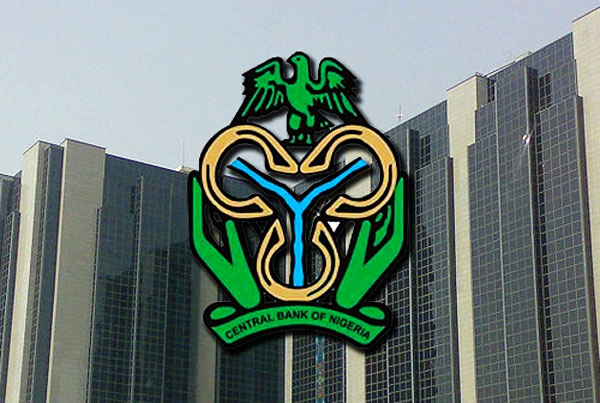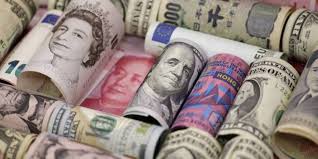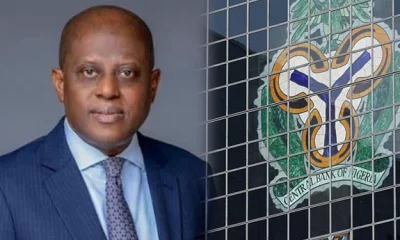The Central Bank of Nigeria aggressive mopping up of funds from the banking system to help curb inflation and battle Naira’s weakness has shot up liquidity shortfall in the banking system.
Banking system liquidity shortfall which hit 59 billion naira on Wednesday was expected to widen to more than 100 billion as the CBN sold 207 billion naira in treasuries on Thursday to mop up liquidity, a day after it raised more money than planned via a debt auction as it moved to keep borrowing costs high to support the currency, traders said.
National Daily gathered from experts that there is pushing up costs, especially for the government, which is battling to contain a widening deficit.
Rate-setter Doyin Salami said central bank investments in government treasury bills had risen 30 percent to 454 billion naira since December, leaving the bank providing “piggy bank” services to the state.
The CBN sold six-bill open market bills (OMO) at 17.95 percent, higher than the 16.8 percent it paid to place the same maturity at the auction on Wednesday.
Overnight rates had started to inch up, traders said. Money market rates opened at 11 percent on Thursday after they hovered between nine and 10 percent the previous day.
The naira traded at around 360 to the dollar on Thursday for investors, who have been offering to sell the U.S. currency at 365, close to the black market rate of 367.
ALSO SEE: Dangote eyes South African Cement Company
A banking system liquidity shortfall which hit 59 billion naira on Wednesday was expected to widen to more than 100 billion, traders said.
Africa’s biggest economy has a series of debt issues lined up this year, but it has struggled to tap concessionary funds especially from the World Bank. It was planning for a shortfall of $7.5 billion for its 2017 budget, which could widen.
Meanwhile, the fifth Monetary Policy Committee meeting is scheduled to hold on the 25th and 26th of September, 2017 to appraise the prevailing state of the Nigerian economy amidst the fragile economic growth, moderate inflation and improvement in FX liquidity.
Since the last MPC meeting The Naira has remained relatively stable at both markets, trading within the range of NGN305.50 and NGN306.65 at the interbank market and NGN363.00 and NGN370.00 at the parallel market. However, when compared to the 18th of September, 2017, the Naira depreciated marginally by 0.05% and 0.54% at the interbank and parallel markets respectively.

 Entertainment6 days ago
Entertainment6 days ago
 Health1 week ago
Health1 week ago
 Health4 days ago
Health4 days ago
 Football1 week ago
Football1 week ago
 Football1 week ago
Football1 week ago
 Crime5 days ago
Crime5 days ago
 Education6 days ago
Education6 days ago
 Health6 days ago
Health6 days ago













